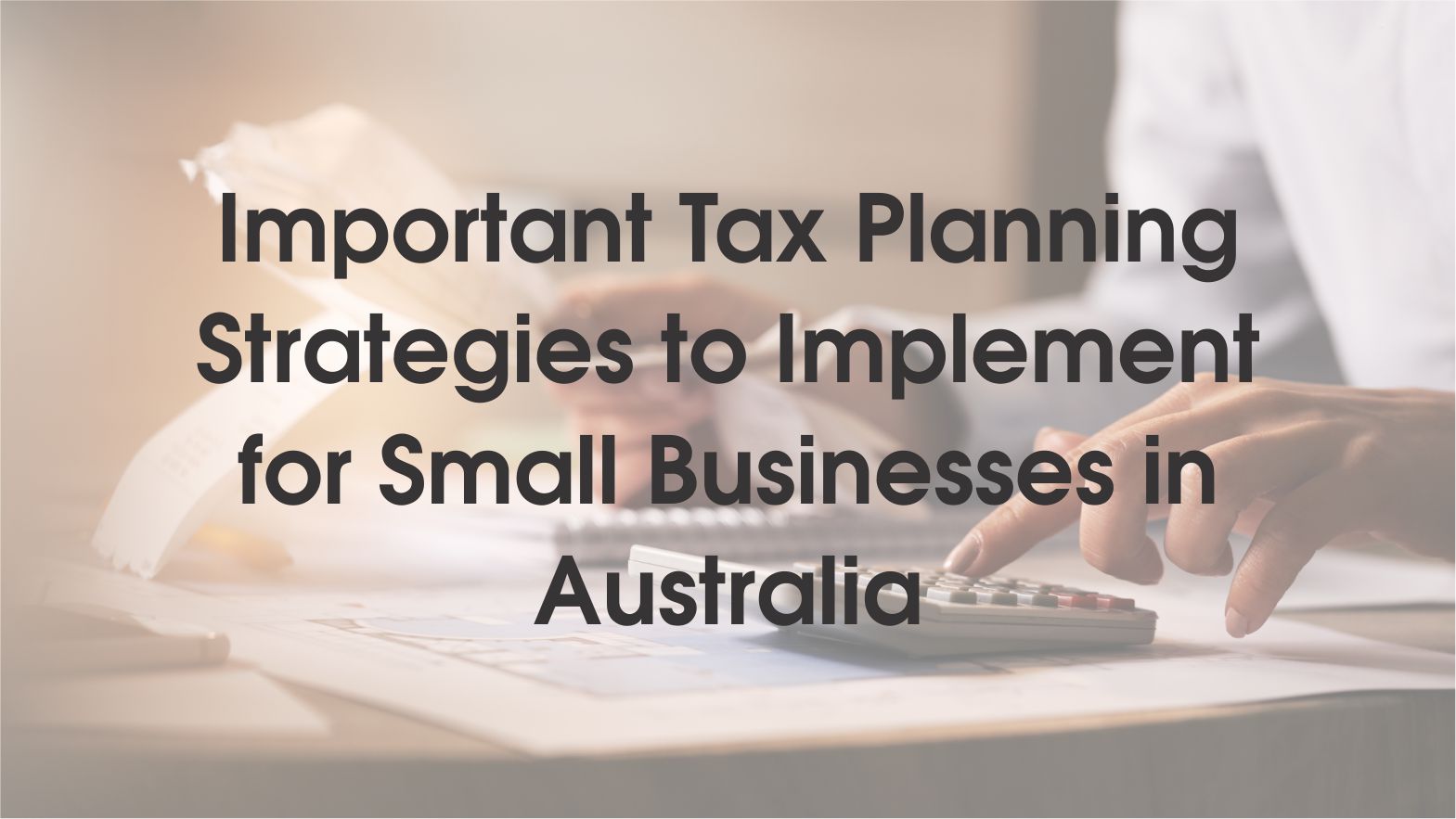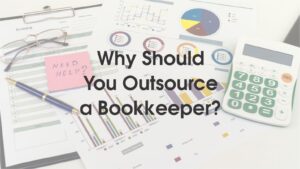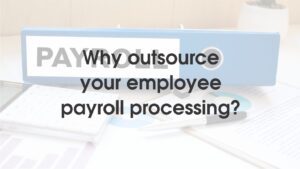Important Tax Planning Strategies to Implement for Small Businesses in Australia
Taxes are one of the most common business expenses and require careful planning to avoid exceeding budget restrictions. Income tax is significant for business owners, as it takes considerable time and attention. It can reduce a business’s tax if it is managed appropriately.
You can regain control over your financial situation by understanding and anticipating your taxes. This allows you to make better decisions about expenses, debt repayments, and other obligations.
There are several strategies that small businesses in Australia can use for tax planning purposes, which include the following:
Choose the proper business structure
Selecting the right business structure is critical for tax purposes. For example, sole proprietors and partnerships are taxed as individual entities, while corporations are taxed as separate entities. Make sure to consider your needs before making a decision.
There are four main business structures to choose from in Australia
Sole Trader
Sole traders are the most common business structure in Australia. As a sole trader, you’ll run your business as an individual and be personally responsible for all debts and liabilities. You’ll also be required to pay tax on your business income as an individual at your tax rate.
Partnership
Partnerships are similar to sole traders, but involve two or more individuals running a business together.Each partner personally assumes responsibility for the business’s debts and liabilities and will tax on their share of the partnership’s profits at their individual tax rate.
Company
Companies are taxed as separate entities, meaning the company is responsible for paying taxes on its profits. This can be a good option for businesses with a significant turnover or those that want to limit their liability.
Trust
Trusts are a more complex business structure that involves a trustee controlling assets on behalf of beneficiaries. Trusts can be helpful for asset protection and tax planning, but they can be challenging to set up and manage.
Each has its advantages and disadvantages, and your choice will depend on your circumstances.
Claiming Deductions
Small businesses are generally entitled to claim deductions for expenses that are incurred in the course of carrying on a business. It is essential to keep accurate records and receipts to claim these deductions, as they can help reduce the tax a company must pay.
Salary sacrificing
Small business owners who are employees of their businesses may be able to sacrifice certain benefits, such as superannuation contributions and car expenses. Salary sacrificing can reduce the tax an individual must pay, as the offered amount is taxed at a lower rate.
Keep Good Records
Make sure you keep track of all your income and expenses, and keep receipts and documentation for everything. This will make it much easier to claim deductions and credits when it’s time to file your tax return.
As a small business owner, you’ll need to keep records of all your income and expenses, including receipts, invoices, and bank statements. It’s also a good idea to keep track of any assets you purchase for your business, such as equipment or vehicles.
Good record-keeping will not only make it easier to prepare your tax return, but it can also help you identify areas where you can save money and improve your profits. For example, if you notice that you’re spending a lot on office supplies, you may want to consider negotiating a bulk discount with your supplier or shopping around for a better deal.
Offsetting losses
If a small business incurs losses in a particular year, it can offset them against profits from previous or future years. This can help to reduce the overall tax liability of the business.
Using tax-effective investment strategies
Advance tax planning strategies play an important role for every company. Small businesses can consider investing in tax-effective assets, such as concessions or managed funds, to reduce their tax liability.
Seeking professional advice
Small businesses should seek professional advice from an accountant or tax adviser to ensure that they comply with their tax obligations and identify any tax planning opportunities that may be available to them.
Conclusion
By implementing these strategies, small businesses in Australia can effectively manage their tax obligations and reduce the amount of tax that they are required to pay. However, it is essential to note that tax laws and regulations can change, so small businesses need to stay up-to-date and seek professional advice. We provide tax preparation services at a reasonable price that will give you excellent results.




